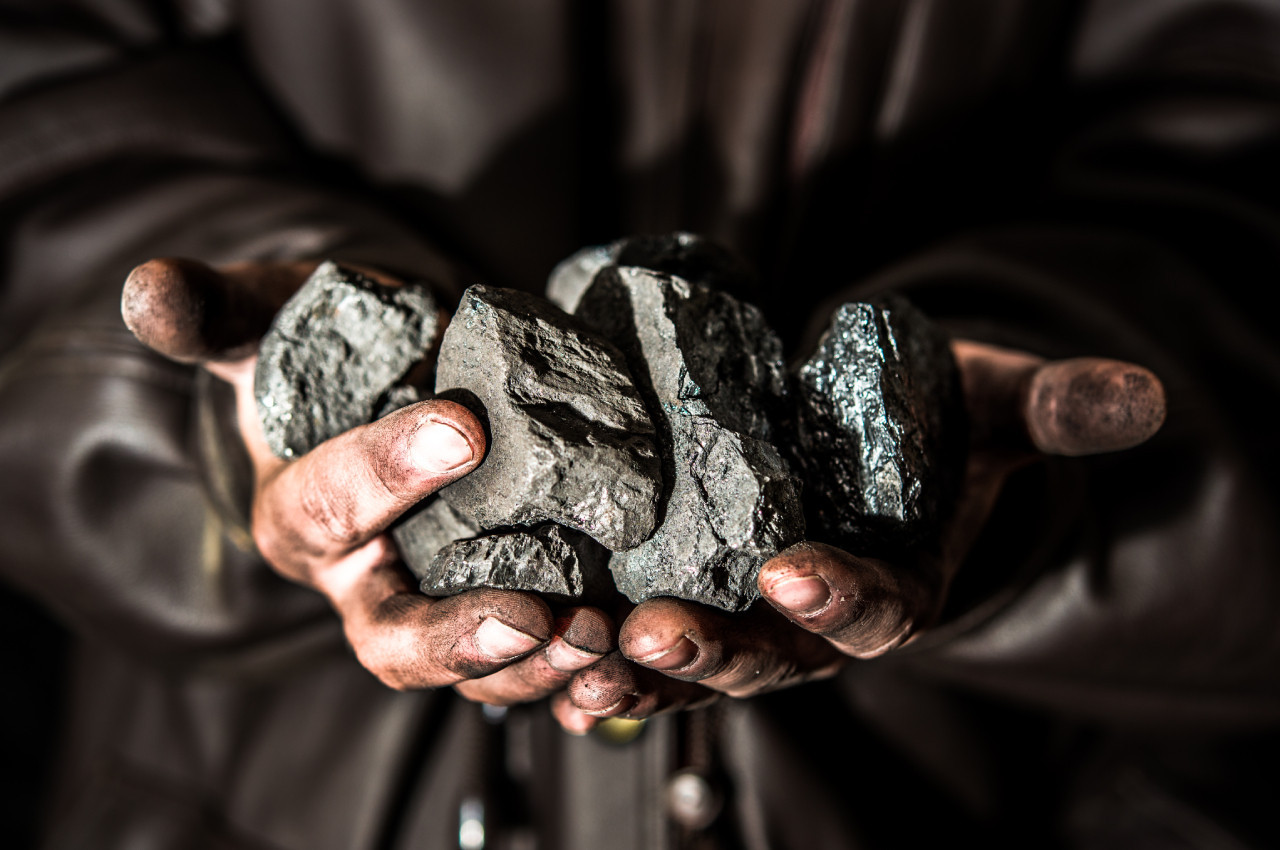On Friday, the list of US banks belonging to the Net-Zero Banking Alliance - which in Luxembourg only Spuerkeess has joined - was reduced to four: Amalgamated Bank, Areti Bank, Climate First Bank and JP Morgan Chase. The previous day, Morgan Stanley, Citigroup, Bank of America and Goldman Sachs had thrown in the towel, as had Blackrock and Vanguard. Wells Fargo left on 20 December. (State Street was not a member of the group.)
On 27 November, 10 US states followed the lead of Texas attorney general Ken Paxton, who accused the three asset managers of "conspiring to artificially constrict the market for coal through anticompetitive trade practices" in a highly documented 109-page complaint.
“Over several years, the three asset managers acquired substantial stockholdings in every significant publicly held coal producer in the United States, thereby gaining the power to control the policies of the coal companies,” Paxton . “Using their combined influence over the coal market, the investment cartel collectively announced in 2021 their commitment to weaponize their shares to pressure the coal companies to accommodate ‘green energy’ goals. To achieve this, the investment companies pushed to reduce coal output by more than half by 2030.” Paxton the NZBA “an anti-energy activist organization that requires its members to prioritize a radical climate agenda over consumer and investor interests.”
Banks at risk of losing state contracts
“Texas will not tolerate the illegal weaponization of the financial industry in service of a destructive, politicized ‘environmental’ agenda. BlackRock, Vanguard, and State Street formed a cartel to rig the coal market, artificially reduce the energy supply, and raise prices,” Paxton stated. “Their conspiracy has harmed American energy production and hurt consumers. This is a stunning violation of state and federal law.”
The asset managers have called the claims “baseless”.
"We want to help decarbonise the real economy by providing our clients with the advice and capital needed to transform business models and reduce carbon intensity," Morgan Stanley commented, quoted by Reuters. The bank also stressed that it would continue to report on its efforts to achieve the 2030 targets for reducing emissions from its loan portfolio.
The same goes for Citigroup. "We remain committed to achieving net zero and continue to be transparent about our progress", the group simply stated.
In Texas, the law states that financial institutions that boycott the oil and gas industry are not allowed to enter into contracts with state government entities.
Production down, profits up dramatically
The 109-page complaint also sheds light on the banks' strategy for achieving the objectives of the Net-Zero Banking Alliance: eight of the nine coal producers saw their production fall by 11.7% for Arch Resources to 28.7% for Alpha Metallurgical and their profits soar by 12% for Nacco Natural Resources - the only double-digit increase - while Peabody Energy's profits rose by 854%.
The NZBA guidelines focus primarily on Scope 3 Category 15 emissions, which cover emissions financed and facilitated by the bank's lending, investment and capital markets activities. These are indirect emissions that occur in the bank's value chain but are not directly controlled by the bank. In its latest annual report, the UN-led initiative acknowledged the difficulties faced by banks, particularly in terms of reliable data, which would give an accurate picture of the impact of this initiative, which was launched in 2021.
Updated 3 January 2025 at 4pm to indicate that State Street had not left the NZBA, because it had not been a member of the organisation
Read the original French-language version of this news report /
